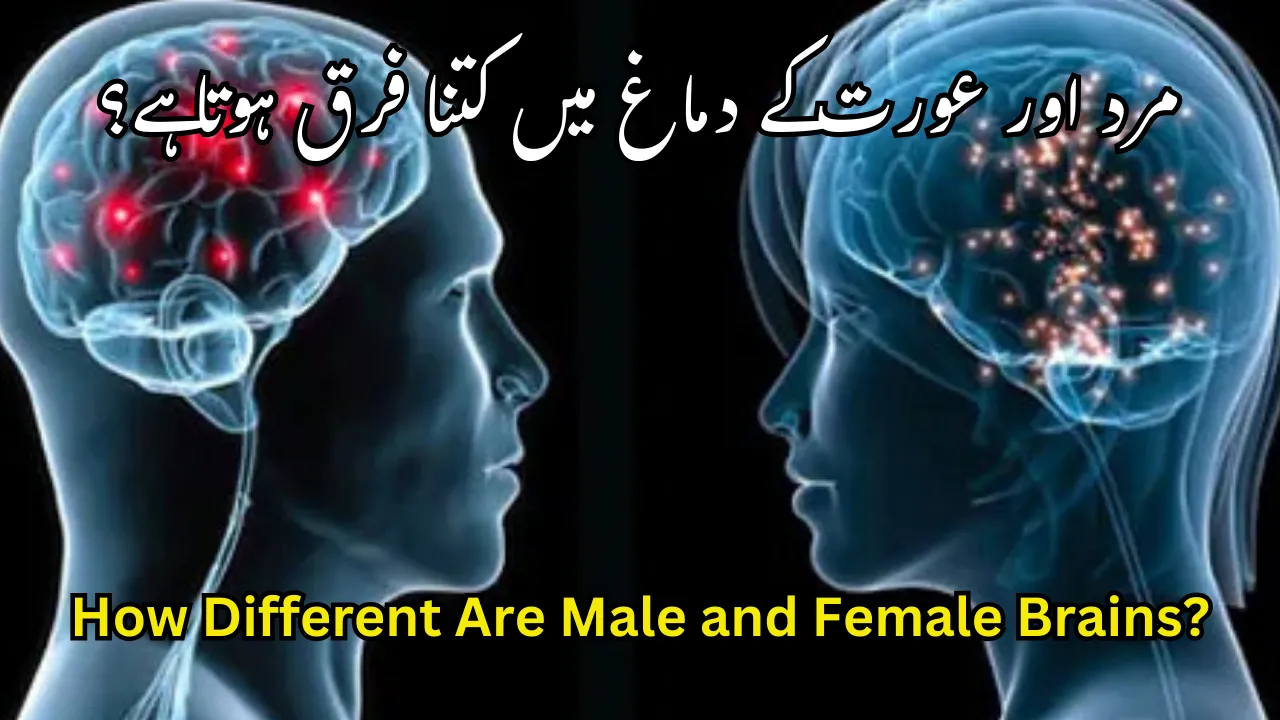The question of male vs. female brain differences has long interested scientists. It is in part because illnesses involving the brain and mental disorders tend to manifest themselves differently in women and men.
Researchers maintain that knowing if these differences result from biology (such as genes) or environment (such as upbringing) would assist in designing improved treatments for such diseases.
With the help of AI, scientists are now detecting subtle differences in brain cells and nerve systems that influence functions such as processing vision, governing movement, or regulating emotions. These discoveries indicate male and female brains may operate in distinct ways.
Check Also: Indian Teen Sets Guinness World Record with His Exceptionally Hairy Face
Other research indicates structural differences in human brains along gender lines, which may even be present at birth.
But the million-dollar question is: How significant are these differences?
While science can identify differences between male and female brains, it also brings up more fundamental issues. Take the question, for instance, of how gender and culture combined influence the way we think, learn, or act. The answers remain to be seen, and that is precisely what makes this subject so fascinating.

